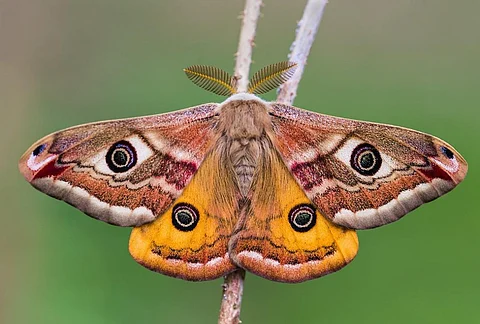

High levels of pollution found in many of the world’s major cities are having negative effects on plants and insects, according to new research from the University of Sheffield in the UK.
The study, Plant defences mediate interactions between herbivory and the direct foliar uptake of atmospheric reactive nitrogen published in the journal Nature Communications, reveals that plants exposed to high levels of nitrogen dioxide (NO2)—similar to levels recorded in major urban centres—are able to better defend themselves against herbivorous insects.
Led by Stuart Campbell from the University’s Department of Animal and Plant Sciences, the research has discovered that plants exposed to increased levels of pollution produce more defensive chemicals in their leaves.
Results from the study show that insects feeding on these leaves grew poorly, which suggests high levels of air pollution may be having cascading negative effects on communities of herbivorous creatures.
The international team of scientists also looked at whether insects have an effect on the ability of plants to absorb NO2 from the environment.
Plants that had been fed on by insects absorbed much less NO2, according to the study. The authors believe this indicates that insects could be influencing the amount of pollution removed from the air by urban green spaces. Urban trees can absorb gaseous pollutants like NO2, but the effects appear to vary between species and locations, and this may be due in part to the actions of leaf-feeding insects.
Campbell emphasised, however, that the primary concern would be for the insects themselves, and that further research is needed: “Research suggests that urban vegetation plays a modest role in taking up NO2. More work is needed, because many factors may influence the effect of urban plants on air quality, including herbivory. Plant feeding insects, however, face a number of different human threats, potentially including air pollution.”